Almeria's papaya campaign has just started. "We are starting with few volumes because there is still very little ripe fruit. However, its quality is exceptional with 9 to 11 Brix degrees," stated Pepe Montiel, from the company Almanzora Tropical, which specializes in the production of organic exotics.
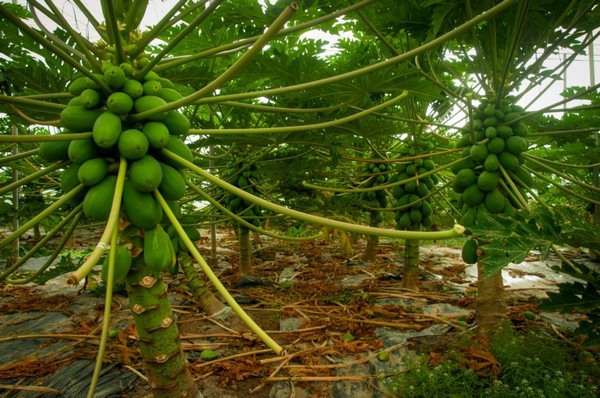
"In addition to quality, Spanish papaya has the advantage of being a proximity product, with a minimum carbon footprint when compared to the imported papaya, as it can be delivered to any place in Europe in just three days after its harvested," Pepe stated. "However, we are facing a problem because of an aesthetic issue."
"The papayas grown in Almeria develop some dark spots on their skin because, unlike the fruit from Brazil that grows in a tropical climate, the temperature in the middle of winter in a greenhouse in Almeria can reach 35 degrees by day and drop to 5 at night. These spots only affect the fruit visually; in no case do they affect its quality."
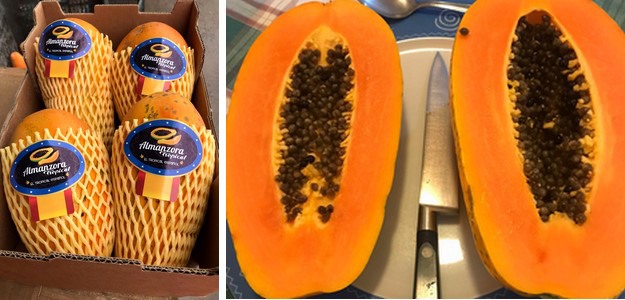
"However, we are observing the Spanish fruit is being rejected for its spots in some markets, such as England and France. We also see some reluctance in the Netherlands, although in Germany there seems to be a greater understanding of the spots on the skin of papayas. In fact, it seems that the only problem is that there is a lack of information.”
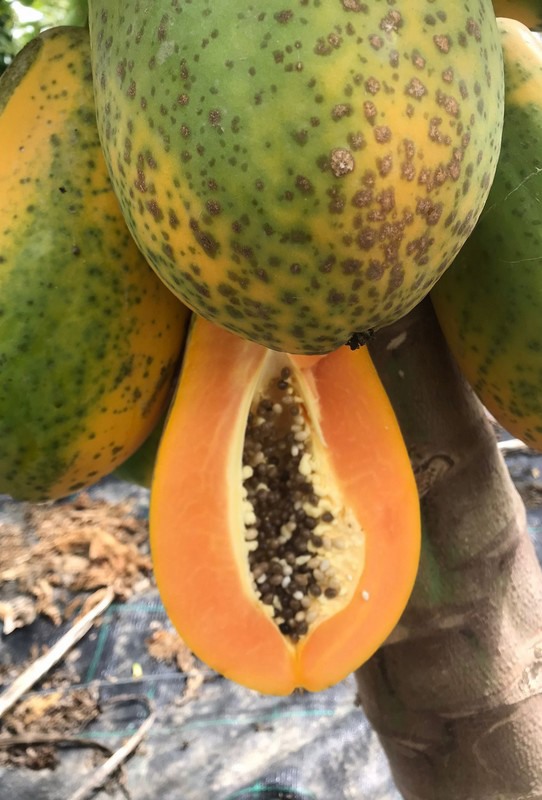 "We must succeed in communicating to the markets that the spots on the skin of the Spanish papaya are not a problem, but a characteristic; just like the banana of the Canary Islands managed to be recognized by all consumers for its dark spots, turning what could be a defect into a virtue."
"We must succeed in communicating to the markets that the spots on the skin of the Spanish papaya are not a problem, but a characteristic; just like the banana of the Canary Islands managed to be recognized by all consumers for its dark spots, turning what could be a defect into a virtue."
"It's a real pity that papayas are being brought by plane from thousands of kilometers away and that the fruits that are grown on the continent itself are being rejected. When imported papayas arrive at the airport they already have a fairly high additional cost, which raises their price at supermarkets. In contrast, our product, which is grown complying with all the European requirements and standards, is already on the continent and is harvested with a greater point of maturity," Pepe stated.
"Europe has to decide if it wants an imported papaya or a European papaya with a lower carbon footprint"
According to IFAPA's 'Potential crops to diversify agricultural production in Andalusia' report, which was published this year, there is a real demand from the sector in the search for profitable crops and with a commercial outlet in a context in which more than 75% of the area dedicated to the cultivation of horticultural species, both in the open fields and in greenhouses, corresponds to only 8 species: onion, pepper, watermelon, lettuce, tomato, asparagus, strawberry, and cucumber (2020 Agricultural Statistics Yearbook). "If we consider the case of subtropical coastal crops, even though there is a wide variety of fruits, avocado and mango account for more than 80% of the area cultivated with tropical fruits," the report adds.
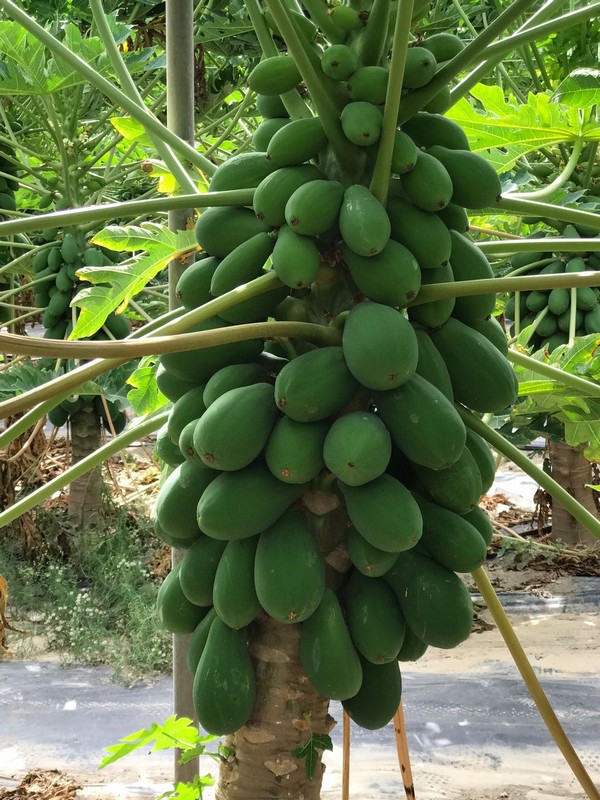 Papaya cultivation in Almeria is still in its infancy; however, it represents a great opportunity to diversify production in the greenhouses of the province. However, we are riddled by the issue of the spot, Pepe Montiel stated. “Producers are looking to grow a product they can live from and papaya can be a very interesting option. Europe has to test and decide whether it wants imported papaya or an exceptional quality European papaya with no carbon footprint."
Papaya cultivation in Almeria is still in its infancy; however, it represents a great opportunity to diversify production in the greenhouses of the province. However, we are riddled by the issue of the spot, Pepe Montiel stated. “Producers are looking to grow a product they can live from and papaya can be a very interesting option. Europe has to test and decide whether it wants imported papaya or an exceptional quality European papaya with no carbon footprint."
In addition, it has an extensive marketing campaign. “Almanzora Tropical's organic papayas will be available from December to June.”
For more information:
Pepe Montiel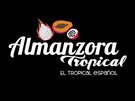
Almanzora Tropical
Camino de Los Ángeles s/n
04617 Cuevas de Almanzora, Almería (España)
Tel.: +34 670 981 24
pepemontiel@montilorca.com
www.almanzoratropical.com
